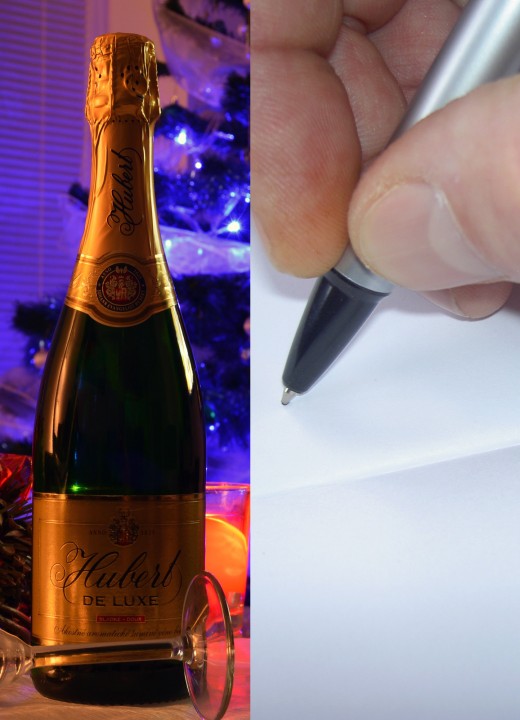Fine Wine, Fine Writing. The Aging Process.

Salvaging the good from a failed or less than perfect piece.
There are times when regardless of how good a piece sounded when it was written, that a piece must be put down. However the aging process can allow a writer to find the good elements from that piece and use them elsewhere. It can also reveal the skeleton of a good piece that simply needs a different means of fleshing out.
It is unlikely that a writer that has spent any amount of time on a project will create something completely worthless, and aging may be one way of finding the niche for that piece.
Fine wine gets better with age, or so they tell me (sorry folks I don’t have a sophisticated pallet). Likewise writing gets better the longer it sits, right?
The statements made above assume that there is fine wine or fine writing to begin with. If the wine came from sour, or even low quality grapes, chances are the wine won’t be good, no matter how long it ages. Likewise, if there isn’t a good plot or character development, all the time in the world is not going to change it.
There are a very few writers that brag about doing extensive planning and research so that when they finally sit down to write, the result is a polished work that will eventually become a best seller. Most of us can’t work that way. We create a draft, and then rewrite and revise and polish until it is nearly perfect. (See my hub on rewriting http://neildabb.hubpages.com/hub/rewritinghints )
There are several good things that come from letting a piece sit for a time. First it allows the writer to distance themselves from the characters and setting, letting the emotion that comes from frantic writing to get the story down dissipate. This also allows the writer to forget many of the details that may not have made it into the story. While a reader may be able to (and in some cases may want to) fill in the blanks, there comes a point where filling in the holes becomes too much work and the reader puts the piece aside. Allowing a piece to age will give the writer that distance that will allow them to see the holes and details that they left out.
Without the emotion of the moment the writer can also see technical and logistics errors more clearly. Grammar and punctuation issues are also more likely to be discovered, (see my hub on formatting http://neildabb.hubpages.com/hub/Formatting-The-Other-Critique ) when emotions are not in the way.
The length of time a piece needs to age will vary by writer, and by the piece itself. Pieces that have deadlines, or have dated material included obviously cannot age as long as timeless pieces (such as novels set in the distant past, or the distant future). For some pieces there will come a point where reworking the writing will take almost as much time as writing it from scratch did. In those cases, it is best to read the entire work without making any changes, and then go back and begin the editing process.
For some writing, aging will not affect the quality of the work, but for other writing it is vital to give the work the polish and body needed to become a literary success.
qed.








